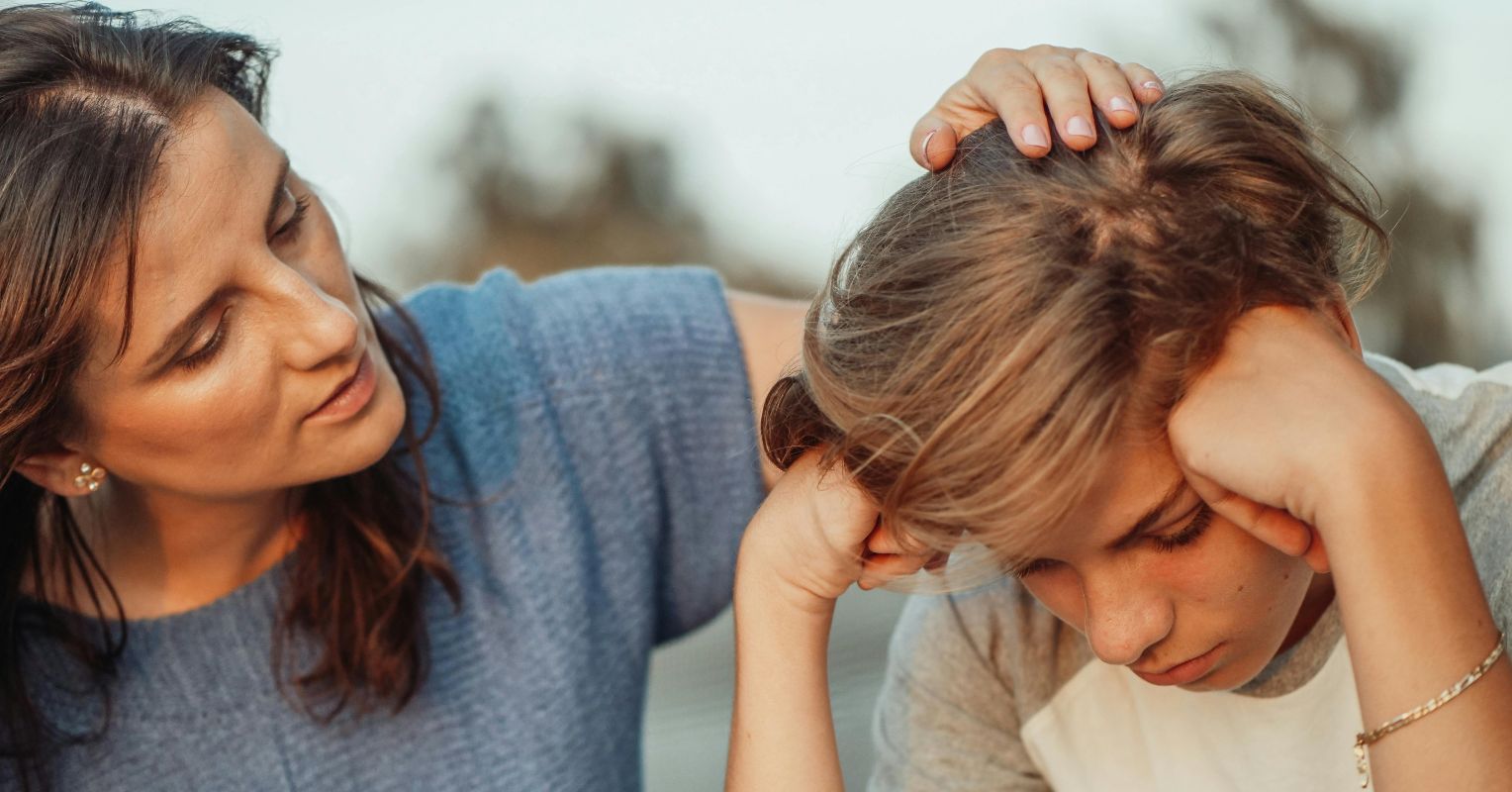
When shocking events like natural disasters or criminal attacks occur, we all struggle with the conflicting emotions of rage, grief, and fear. We try to think of something we can do to help victims and to make ourselves safer so that we aren’t overwhelmed by helplessness and dread. We feel compassion, but the steady flow of terrible news can make compassion distant and strained.
Parents experience all of these struggles doubly, once for themselves and again on behalf of their children. We somehow have to manage our own emotions while providing a calm and loving presence for our children—who may be flooded with their own intense emotions. Here are a few reminders that might help parents in times like these.
Listen more than you talk
When parents ask what to say to their children, my answer is always the same: Listen more than you talk. Ask them what they already know. Answer their questions honestly and briefly. Share your own feelings honestly, but with the “volume” turned down so that your emotions don’t overwhelm them more. Share what you are doing to keep them safe, and what you are doing to handle your own strong emotions.
Bring up the topic gently if they don’t bring it up. Don’t force conversation, but don’t assume that because they are quiet it isn’t on their minds. They may misunderstand that you are trying to protect them by not talking about it and instead think of it as a taboo topic.
Turn off the TV and other screens. Graphic images are more intense and harder for children (and us) to process than words. Watching repeated replays can make it feel that the events have not happened just once, but over and over. Even older children and adults can get this sense, even though they understand the idea of a replay. It is easy for adults to get lost in the nonstop media coverage and not notice their child’s emotions or reactions as they watch you watching the news.
It’s OK to not know the answer to “why?” It’s an especially hard question when the harm is coming from people. Do your best to explain that people get hurt and confused. As the saying goes, “Hurt people hurt people.” For me, it is important not to answer hate with hate, not to buy into the idea that some people are evil and deserve to die.
Mr. Fred Rogers used to say that when tragedy strikes, look to the helpers. Children need to know that the world is filled with people with the desire and ability to help others.
Help children express empathy and caring for victims and their families. This helps restore their sense of the essential goodness of human beings and helps contradict the feelings of helplessness that can easily arise in such situations.
Allow children to express their feelings in any way they see fit—tears, tantrums, shaking with fear, drawing or writing, or by avoiding the topic. These are natural responses to shocking events. There is no need to stop these feelings with false reassurances—or cookies.
Share with children what you do to soothe your own flooded emotional state. It helps tremendously for you to have other adults to talk to about your big feelings so that these don’t add to the burden on your children.
Expect children to regress, to act younger than their years. They may even need an infant’s level of primal comfort and contact—rocking and cuddling—no matter what their age.
The role of play
Surprisingly, there is a role for play even in the aftermath of destruction and violence. Many children (and their parents) get a tremendous benefit from pillow fighting and playful wrestling when things are stressful and painful. The physicality and playful power contradict helplessness, and the shared joy and laughter bring a much-needed sense of connection and togetherness. They may also introduce themes such as fire or death into their pretend play. This is healthy and smart of them, not something to discourage.
When children are the victims in a shocking event, that can make the event feel very personal to other children, even if they do not know anyone directly affected by the violence.
We cannot provide our children with perfect safety, much as we would like to do that. We can provide them with something very deep and powerful, however, which is our presence in their lives as a source of nurturing, protection, calm, and peace.
